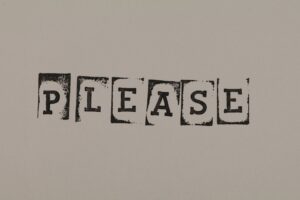Transcript
Hello everyone.
Welcome to this new video which is going to be quite short where I'm going to share with you two things you probably don't know about the genre in French.
Gender is masculine and feminine.
The first thing is that there are words in French that have both genders. It's up to you to choose. This is the case, for example, with a very common word, après-midi.
You can choose to say either one afternoon or one afternoon. The choice is yours. The same applies to the word hymn: you can choose an hymn or an anthem.
It's a song, for example the anthem of a country, or the anthem of a soccer club, for example. And more recently, there's a word that's been heard a lot in French, either le or là, and that's Covid or la Covid.
At first, everyone said "the", then everyone said "the", but both genders are accepted.
The second is that there are some words in French - three to be precise - that change gender between singular and plural. In the singular, they are masculine and in the plural, they are feminine.
As you're no doubt aware, French is a language full of exceptions. We love exceptions. The first is the word amour. Amour in the singular is a masculine word, while in the plural it's a feminine word.
A beautiful love, but beautiful loves. Then there's the word délice. So délice is something very good to eat.
In the singular we say a delight, but in the plural we say wonderful delights or gourmet delights.
And finally, the third word, which isn't really very common, is an organ.
An organ looks like a piano, and that's what you find in churches. Again, in the singular it's masculine and in the plural it's feminine.
In French, there are also words that are identical and depending on their gender, they will mean a different thing.
A feminine tower and a masculine tower don't mean the same thing. A tour is a walk, a stroll, while a tower is a construction.
For example, in Paris, the Montparnasse tower, which is a building, is a building. There's also the merci and the merci. A merci is when you thank someone. Thank you for liking this video, whereas merci is pity.
For example, I can say these soldiers are merciless with their enemies.
That's it for today. I hope you've enjoyed this video, and especially that you've learned something you didn't know about the genre in French.
See you soon.








